Holland & Hart

Holland & Hart
n the United States, as many as one in five employees (some 30 million individuals) are currently subject to some form of “non-compete” agreement with their employer. Although the details can vary widely, such agreements typically restrict an employee from working for or starting a competing business for certain period, or within a certain area, following the end of their employment.
At a conceptual level, agreements to not compete are distinct from non-solicitation agreements, which prevent an employee from soliciting their employer’s clients to another business. They’re also distinct from confidentiality or non-disclosure agreements, which generally prohibit an employee from misusing (i.e. stealing) an employer’s confidential or proprietary data. All three types of agreements are often combined into a single document.
In January the Federal Trade Commission, or FTC, proposed a new rule to end the enforcement of employee non-compete agreements across the United States. The proposal is currently scheduled to be open for public comment until March 20.
If adopted, the rule would prohibit any contractual term between an employer and a worker that “prevents the worker from seeking or accepting employment with a person, or operating a business, after the conclusion of the worker’s employment with the employer.”
The rule would apply to both current and future contracts and would prohibit employers from claiming or representing to an employee that they were bound by such an agreement. The proposed rule also prohibits “de-facto” non-compete agreements, which are agreements that have the practical effect of preventing an employee from leaving (for example, by requiring the employee to re-pay exorbitant training costs upon departure).
If adopted, the financial penalties for violations could be steep. Employers should therefore review their current employment contracts and be aware of any contract that contains a buried non-compete paragraph or provision within the body of a larger agreement.
At this point, it is too soon to know how the proposed rule will resolve. However, employers of all sizes would be well-advised to keep an eye on developments and remain prepared to comply with any changes to the law that might come.
